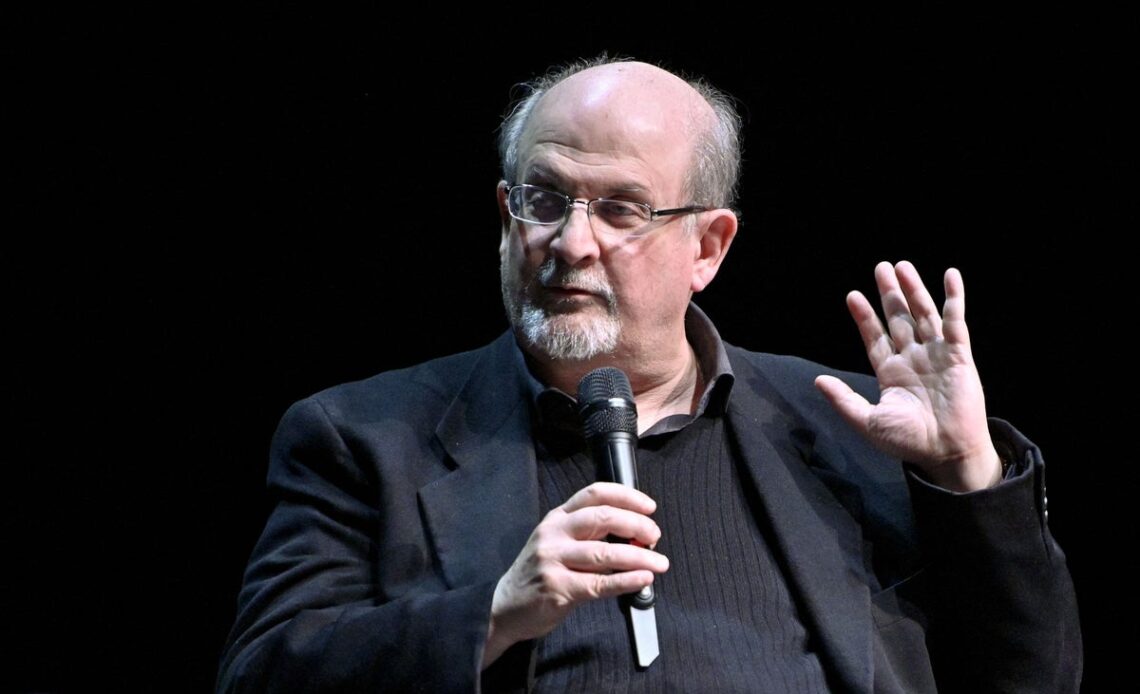For the past several years, it seemed as if the threat had finally abandoned him. Before he was attacked, Salman Rushdie was mounting a stage in New York state to speak of how America had given him, and many writers and artists before him, a sanctuary.
Ever since he left Britain in 2000, he was able to resume the life that had been denied to him ever since that moment, on Valentine’s Day in 1989, when Ayatollah Khomeini pronounced a fatwa calling for his death. He was a fixture at literary festivals, appeared on television, published political essays, churned out novels with regularity, mingled with celebrities, and even took to Twitter with an unlikely enthusiasm.
The assault on Rushdie came as a cruel reminder that the past still casts a shadow. The young man suspected of stabbing the writer was not even born when The Satanic Verses was first published. He is unlikely to have read the novel, let alone grasped the attempt at magical realism.
For religious extremists, the facts scarcely matter. The perception of an insult is enough to warrant their murder.
In 1991, Rushdie’s Japanese translator, Hitoshi Igarashi, was killed in his office at the University of Tsukuba. Two years later, William Nygaard, Rushdie’s Norwegian publisher, was shot three times outside his home. He miraculously recovered.
In the days after the fatwa, Rushdie didn’t win universal sympathy. Norman Tebbit, one of Margaret Thatcher’s closest allies, denounced him in this newspaper as “an outstanding villain”. John Le Carré ignited a decades-long row between them, saying that “there is no law in life or nature that say that great religions may be insulted with impunity”.
VS Naipaul, a longtime rival, appeared to laugh off the fatwa, describing it as “an extreme form of literary criticism.” It was left to often left-wing writers like Tariq Ali, Harold Pinter, Christopher Hitchens, Edward Said and Hanif Kureishi to defend him.
Rushdie himself was appalled by the accusation The Satanic Verses represented an insult. As he wrote in his memoir, Joseph Anton, the book took four years to write and he “can insult people a lot faster than that.” Why, he asked, would have spent a tenth of his life up to that point to create something “as crude as an insult”?
Rushdie wanted to be seen as a serious writer who had produced a serious book – not, as some had claimed, for personal gain. As far as Rushdie was concerned, he wrote, this was the least political of this recent…
Click Here to Read the Full Original Article at The Independent Travel…
